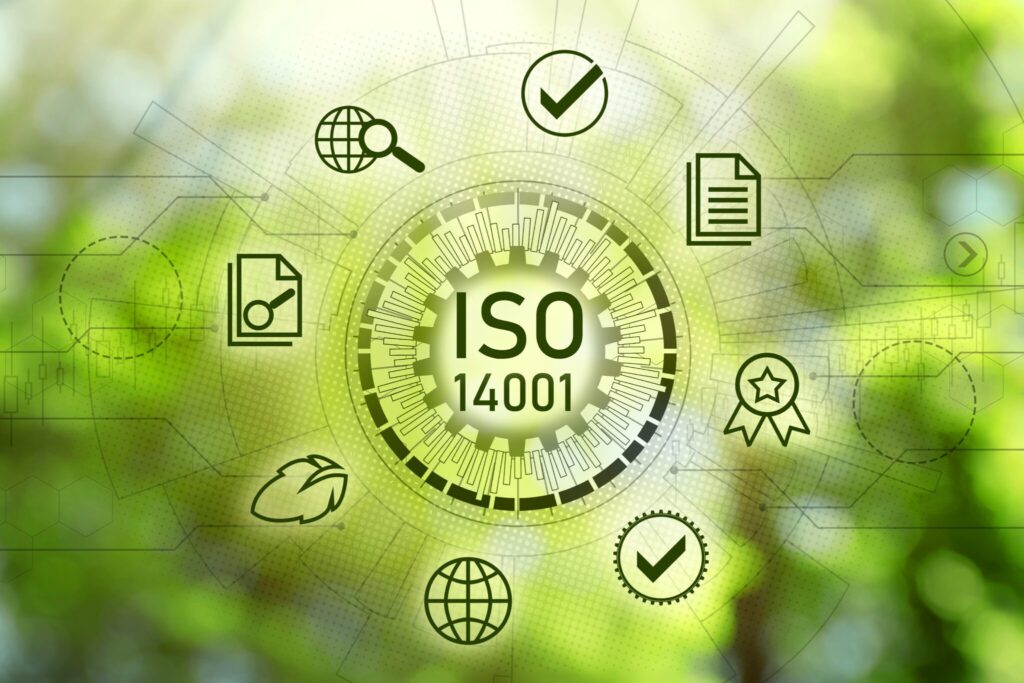Introduction
Halal certification is no longer limited to religious observance—it is now a global standard for quality, hygiene, and market credibility. In 2025, with the Muslim population exceeding 2 billion and Halal products in high demand across food, pharmaceuticals, cosmetics, and logistics, Halal certification has become essential for businesses aiming to enter or expand in global markets. In this blog, we’ll explain what Halal certification is, its growing significance, and how organizations like ACTS and Alwaizcert help companies meet Halal standards with confidence.
What is Halal Certification?
Halal certification is a process by which a certifying body ensures that a product or service complies with Islamic law (Shariah). The term “Halal” means “permissible” in Arabic. This certification applies to:
- Food and beverages (no pork, alcohol, or improper slaughter methods)
- Cosmetics and personal care products (no forbidden animal-derived ingredients)
- Pharmaceuticals (free from gelatin and alcohol-based components)
- Logistics (ensuring clean and separate transportation of Halal and non-Halal goods)
A Halal-certified logo on a product gives assurance to Muslim consumers that the item is compliant with Islamic guidelines.

Why Halal Certification Matters in 2025
- Massive Consumer Base
Halal products are consumed by over 2 billion Muslims globally. Certification opens doors to Muslim-majority markets like Indonesia, Pakistan, the Middle East, and parts of Africa.
- Retail & Export Requirements
In many regions, supermarkets and importers require Halal certification before stocking food or health products.
- Quality and Safety Assurance
Halal certification now represents hygiene, traceability, and ethical sourcing, making it appealing to non-Muslim consumers as well.
- Regulatory Compliance
Governments like Malaysia, UAE, and Saudi Arabia enforce Halal compliance through official regulatory bodies.
The ACTS Approach to Halal Certification
ACTS (Al-Waiz Certification and Training Services) offers internationally recognized Halal certification services based on both local and global compliance frameworks. Their process is trusted for being transparent, efficient, and professionally audited.
Steps in the Halal Certification Process with ACTS:
- Application Submission
- Document Review (ingredients, supply chain, and process)
- Factory or facility inspection
- Shariah Board approval
- Certification issuance and annual audits
How Alwaizcert Prepares Businesses for Halal Certification
Alwaizcert helps businesses ensure they are fully ready before engaging with ACTS by:
- Reviewing ingredient lists for compliance
- Assisting in modifying supply chains or raw materials
- Training teams on Halal protocols and hygiene requirements
- Coordinating documentation and facility readiness
- Conducting mock inspections to ensure audit success
Industries That Require Halal Certification
- Food manufacturers
- Meat and poultry exporters
- Dairy and confectionery businesses
- Cosmetic and skincare brands
- Pharmaceutical companies
- Hotels, restaurants, and catering services (HORECA)
Halal Certification Myths Debunked
- Myth: Only Muslims need Halal products
Fact: Non-Muslims increasingly prefer Halal due to quality and ethical sourcing. - Myth: Halal is just a religious label
Fact: It also includes modern standards of hygiene, cleanliness, and cruelty-free processing.
Conclusion
Halal certification in 2025 is both a market gateway and a quality stamp. With ACTS as your certification body and Alwaizcert guiding your preparation, your business can tap into one of the fastest-growing consumer markets in the world. Halal isn’t just a standard—it’s a strategic asset.
Halal certification in Pakistan is more accessible than ever in 2025, thanks to professional bodies like ACTS and expert support from Alwaizcert. Whether you’re a local startup or an established exporter, this certification will unlock powerful growth opportunities in both domestic and global markets. Start your journey today—and serve the world with trust.



